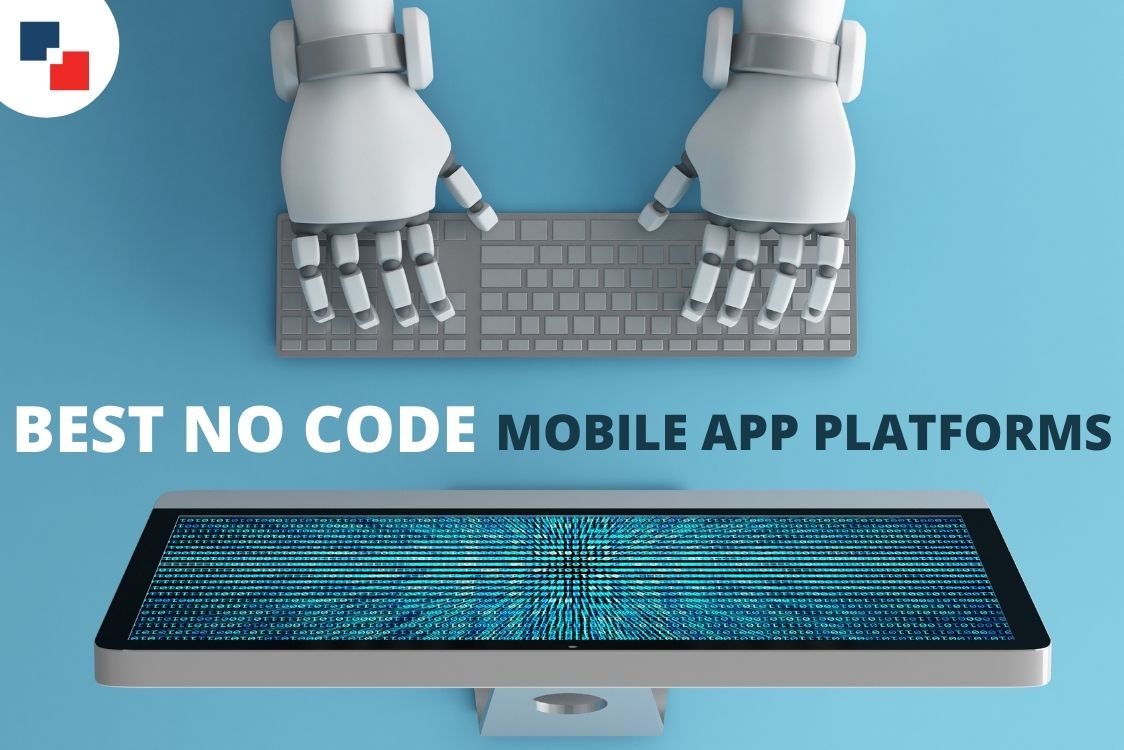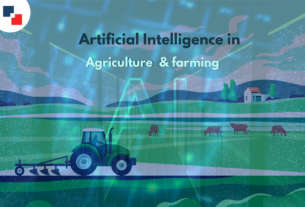In today’s global economy, the app-making industry is arguably one of the most lucrative. In building your mobile app, there are several factors to consider. Let’s see the top platform to create Mobile apps without using coding. The number of mobile apps is growing exponentially every day. The performance of mobile apps is nothing short of astounding whether they are used for personal or business purposes.
The rise of mobile devices has driven mobile applications to the forefront of every marketing strategy, from large multinational companies to small and medium-sized businesses.
Mobile app development has traditionally been a challenging process with many complexities involved. In fact, with a few clicks, you can now create an advanced, functional next-generation mobile app using low-code and no-code platforms.
Coding is not something that can be learned overnight. The study and knowledge required to become a programmer, plus the practice necessary to implement those codes to get the desired outcome, are high.
A long time ago, software developers and coders were the only people that developed apps. The task of undertaking such a challenging task calls for highly qualified specialists. Since the creation of noncoding app builders in the past few years, this has all changed.
The coding industry is dominated by no-code and low-code development platforms. According to Forrester’s projections, the global low/no-code sector will reach $21.2 billion by 2021. Platforms that do not require any coding are one type of tool that helps to level the playing field for all. Making it possible for independent innovators, artists, and businesses to construct things they could only dream of previously. Today, I’ll go through the top no-code platforms for you to try.
Let’s take a closer look.
Here are the top no-code platforms available on the market.
1. ClickUp
ClickUp is the greatest all-around no-code platform for solving many business problems. They bill themselves as “the one app to replace them all” and provide software for project management, tasks, documents, timelines, reminders, collaboration, remote team management, and more.
It is a no-code application that is highly customizable, allowing users to construct bespoke dashboards for any type of project, including remote tasks and projects that are in progress, under review, or completed.
ClickUp also provides resource planning that integrates business units, time management, and a variety of connectors with other programs.
Characteristics of ClickUp
- Provides a wide array of pre-built templates.
- Drag and drop functionality across all tools.
- Excellent contact management capabilities.
- Allows teams to track time and goals.
- Documents from other apps can be imported automatically.
- Tasks, subtasks, timeframes, and other information can be conveniently organized.
- All without the need for any coding.
2. Appy Pie
Appy Pie is one of the top no-code platforms for accelerating mobile app development by 10 times. Anyone, regardless of coding knowledge, technical skills, or economic constraints, can utilize this platform to create applications. It also allows you to drag and drop features into the application, allowing it to go live in a matter of minutes.
Because it allows you to construct chat boxes, webpages, and other features, the platform will provide your company an advantage over the competition. It also aids in intelligent process automation and integration through the use of Triggers and Actions to efficiently manage boring activities.
Characteristics of Appy Pie
- Customer service that is both quick and friendly
- Freely connects 300+ apps
- Democratizes application creation and design
- Tasks are automated to increase productivity.
- Create and launch chatbots
- Software for live chat
- Development of customized mobile applications
3. AppsGeyser
AppsGeyser is completely free to use. They boast that there are no fees, charges, subscription plans, or limits. Over 50 different templates are available to get you started and make designing the app even easier.
The site has a preview screen to demonstrate what your app would look like, but I had some difficulty getting it to run consistently. They do not support the app’s distribution to shops because it is free. To make up for the cost, they will receive 50% of whatever monetization you do.
Characteristics of AppsGeyser
- 50 unique online templates for games, web services, media tools, and social networking pages
- In less than 3 minutes, you can customize your app with colors and features.
- Receive a 50% revenue split from app monetization.
- There is no requirement for an SDK.
- Create an infinite number of apps.
- Publish your app to numerous app stores.
- Simple app development
- Android and iOS devices are supported.
- Sell your app on the AppsGeyser platform. There is no need to code your app because they will do it for you.
4. Airtable
Data can be managed by businesses and marketers using Airtable. This tool allows you to build spreadsheets and databases that can include checkboxes, links, attachments, and barcodes. This tool functions almost like a project management tool and workflow tool.
Grouping, filtering, and sorting tasks are all possible via the platform, which allows groups and individuals to organize tasks. Additionally, it can create visuals to represent different use cases and save them for easy access at any time.
Characteristics of Airtable
- A robust API allows for quick access to the material.
- Produces project and content calendars.
- Management of data and content
- Mobile and desktop compatibility
- Tools for integrating built-in
- Edits and comments in real-time
5. Kintone
Kintone is an all-in-one, no-code application development platform that promotes collaborative working. It enables engineers and software developers to create powerful apps and databases for their organizations and teams while automating unique operations.
Kintone combines the flexibility of an Excel spreadsheet with the added benefit of a centralized database. It also includes capabilities for tracking, sending, and recalling team interactions. You’ll never have to look through your chat box or inbox for a project conversation again.
Characteristics of Kintone
- Automation of workflow and development processes for data-driven outcomes
- Uninterrupted data view Collaborative tools
- A pleasant user experience
- CRM web applications
- Business processes are streamlined.
6. Quickbase
A low-code platform like Quickbase is the fastest-growing in the industry. The initiative enables developers to leverage the power of data by transforming it into a digital format while delivering insights in real-time within one platform.
The developers benefit from the no-code platform because it is flexible, and it connects people, data, and ideas safely. By offering solutions that do not require code and automating development processes, it can address complex, disparate systems to grow and adapt.
Characteristics of QuickBase
- Responsive customer service
- Security and data migration
- Automation of work processes
- Personalization of branding
- Templates for web applications
- Simple-to-use tools
- Low-code adaptability
7. Webflow
A website builder is only one part of Webflow. With the capability to create websites and software that is responsive, web designers have complete control over the design.
It can be used by designers and non-coders alike to display a company’s online presence efficiently and be scalable. Customizations are more flexible than traditional app platforms. CMS plugins and e-commerce sites can even have custom databases built.
Characteristics of WebFlow
- Custom code and adaptable integrations
- Uptime of 99.9 percent
- Dependable hosting service provider
- There is no need for upkeep because there are no updates to install.
- Produces interactive animations and interactions.
- Custom website builder with no coding
8. AppSheet
Integrating AppSheet with Excel and Google Sheets makes data collection easy and efficient. Developers can use this flexibility to create multi-apps and stay informed as new information becomes available.
Using the platform, anyone on your team can create and deploy apps for multiple platforms in real-time. You don’t need to know any coding languages or skills. The software automates tasks and the robust features allow users to use it with ease.
Characteristics of AppSheet
- Cloud-hosted data sources are supported.
- Excellent user experience
- Templates and sample apps
- Integration and automation of data
Conclusion
That sentiment is well represented by the apps detailed in this essay. The good news is that this technology will continue to advance. More mobile app builders are likely to provide third-party connectors, making it easier to create dynamic apps.
Finally, decide on whatever features you want in your mobile app. This will help you narrow down the platforms that are best suited to your needs. Understand your budgetary options for the foreseeable future.




